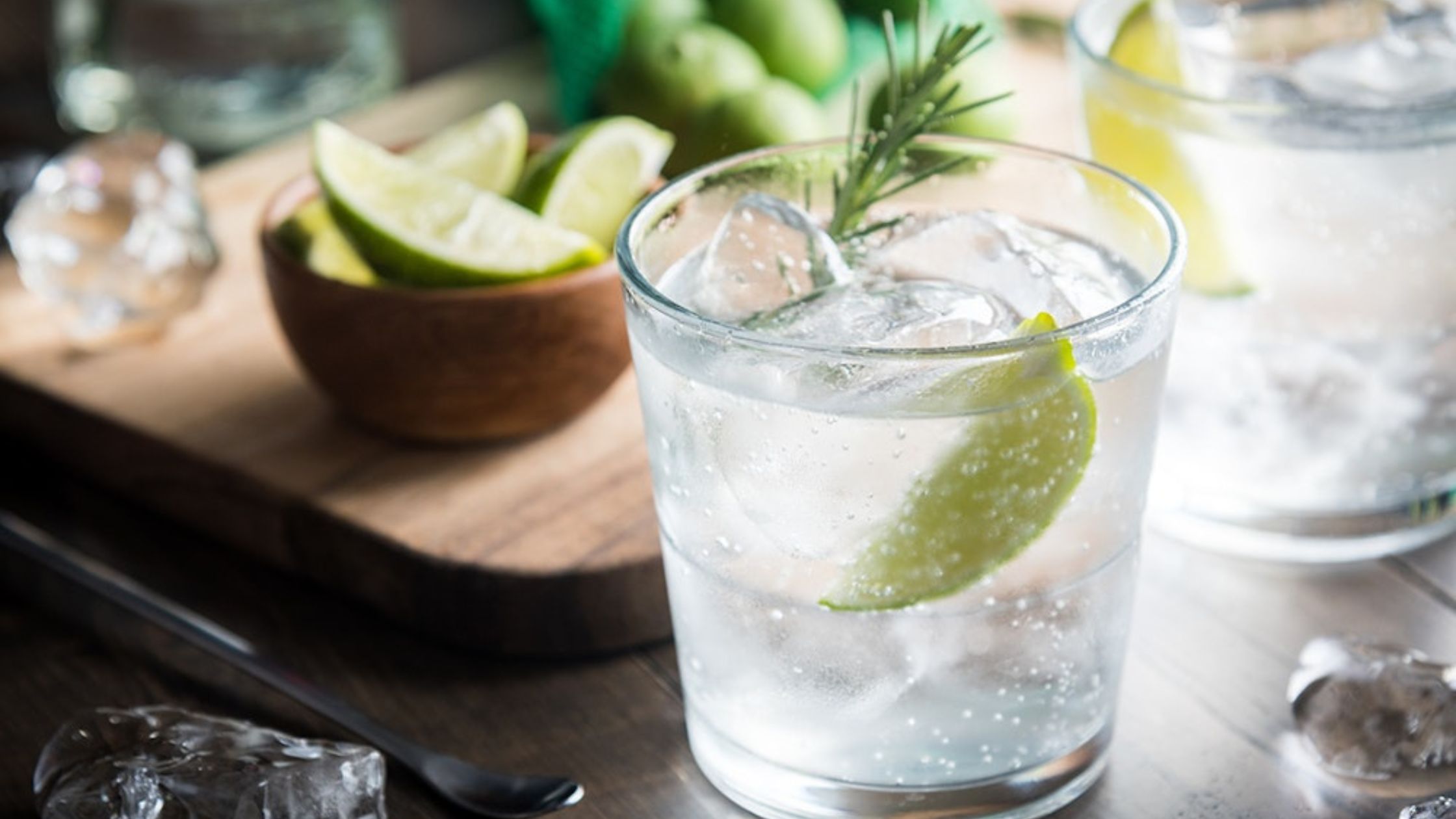Fox Gang Gin Review: Is It Best Budget Gin Under ₹1500?
2026-02-12

Throughout history, gin has taken on many different forms—a herbal medicine, a soldier's source of comfort, an embodiment of London's "Gin Craze," and today, a global staple of craft cocktails. But, just behind its crisp, juniper-tinged flavor, lies an important question that a lot of people have: what are the health benefits and risks of drinking gin?
As with all alcoholic drinks, gin sits in a complicated middle ground. It has some modest benefits, especially compared with beer or sugary cocktails, but also has some serious health risks if done irresponsibly. With a better understanding of where gin falls in a healthy lifestyle, let's explore the good and the bad.

Before we discuss the health effects of gin, we should be clear about what gin actually is. Gin is a distilled spirit made with juniper berries as the main flavoring agent, but most brands will include a collection of botanicals (the word "gin" in Latin refers to "juniper"). Most gins include several botanicals, with common examples being coriander, orange peel, angelica root, and licorice. Gins will vary by flavor, with London Dry Gin being sharp and dry and New Western or modern gins having more aromatics.
Gin was first made in the Netherlands and began as "jenever" with medicinal uses before it quickly spread to England and exploded in popularity in the 18th century (as in, WHOA). Today, gin is a staple in the cocktail world, from martinis to gin and tonics.
But does this herbal heritage translate into real health benefits? Or does gin carry the same risks as every other form of alcohol?
When people ask about the health benefits of drinking gin, they’re often thinking of its calorie count, its herbal origins, or its comparison to beer and wine. Here’s what the science and nutrition perspective tell us:
When it comes to calories, gin is often regarded as one of the "lighter" spirits. A standard 1.5 ounces serving of gin has approximately 95–100 calories, as well as no sugar, carbs, or fat. This is far less than beer (150–200+ calories for a pint) or creamy cocktails (300–500+ calories).
However, mixers count. When you mix your gin with tonic water, the calorie content can almost double due to the sugar found in tonic. If you go with soda water and lime, the lower-calorie option is gin.
Histamines and sulfites, which are found in beer and red wine, can cause allergic reactions like headaches, stuffy noses, and itchy eyes. Some people find gin easier to handle because distilled spirits like it typically contain fewer of these irritants.
The signature ingredient of gin, juniper berries, contains antioxidants: substances that help eliminate oxidative stress from the body. Historically, juniper has been used in herbal medicine for digestive, circulation, and kidney health.
But to be clear, many of the health-promoting plant compounds are destroyed in the distillation process. They influence gin's flavor, but the health aspect of the final drink is negligible.
Studies indicate that moderate alcohol consumption (one drink/day for women, up to two for men) may help reduce heart disease and type 2 diabetes risk. Alcohol can increase HDL ("good") cholesterol and improve insulin sensitivity.
But this is not gin-specific, and health organizations like the American Heart Association do not promote consumption of alcohol for health purposes. Exercise, diet, and lifestyle are still much safer and more effective than alcohol consumption for cardiovascular health.
Now we will look at the other side of the question: gin's health risks. While gin has lower calories, the dangers associated with gin are the same as with all alcohol, and in some cases, they exceed the perils that many recreational drinkers should understand.
Overindulging in gin—even just for one night—can result in:
Drinking large amounts quickly also raises the risk of alcohol poisoning, a medical emergency.
Also Read: Tips for Building Your First Home Bar: Essentials, Spirits and Setup
Alcohol use disorder, a chronic and progressive condition, can result from regular gin consumption.
Heavy or frequent gin consumption raises the risk of heart disease, stroke, and high blood pressure, even though small amounts may provide protection.
The body's alcohol filter is the liver. Heavy drinking over time can lead to cirrhosis, alcoholic hepatitis, and fatty liver.
The World Health Organization classifies alcohol as a Group 1 carcinogen. Regular gin consumption raises the risk of colon, liver, mouth, and breast cancers.
Alcohol is associated with anxiety, depression, and disturbed sleep. Additionally, prolonged use can harm cognitive and memory abilities.
Certain groups should avoid gin altogether:
Gin is considered a "safer" beverage for diabetics because it contains neither sugar nor carbohydrates. However, alcohol consumption without food can result in hypoglycemia, or low blood sugar. Gin is therefore dangerous for diabetics unless properly controlled.
Excessive gin consumption can impair sexual performance and increase the likelihood of risky behavior. This adds a social and psychological dimension to the health risks of drinking gin.
|
Health Benefits |
Health Risks |
|
Low-calorie, carb-free |
Addiction and dependence |
|
Fewer allergens than wine/beer |
High blood pressure, heart disease, stroke |
|
Herbal, antioxidant heritage (minimal in final drink) |
Liver disease and cirrhosis |
|
Possible cardiovascular protection (only in moderation) |
Cancer risk (breast, liver, colon, oral) |
|
Depression, anxiety, cognitive decline |
|
|
Medication interactions |
|
|
Alcohol poisoning (from overuse) |
So—what are the health benefits and risks of drinking gin?
On the positive side, gin has fewer calories, contains fewer irritants than wine or beer, and has an herbal tradition associated with juniper. Moderate consumption may provide some alignment with research suggesting a protective effect on the heart.
The negatives are serious: addiction, heart disease, liver disease, cancers, and mental health and well-being issues. If consumption becomes excessive or habitual, any potential positive influence is obliterated quickly.
The bottom line is simple:
Gin can certainly be part of life’s pleasures—shared with friends in a cocktail or sipped slowly in a martini. But when it comes to health, it should always be seen as a treat, not a tonic.
Also Read: Citadelle Gin Review 2025: Flavor, Price, and Best Ways to Drink It